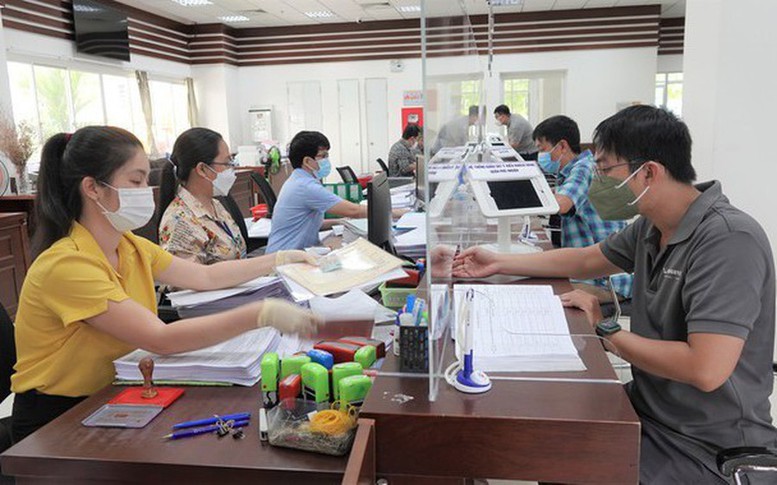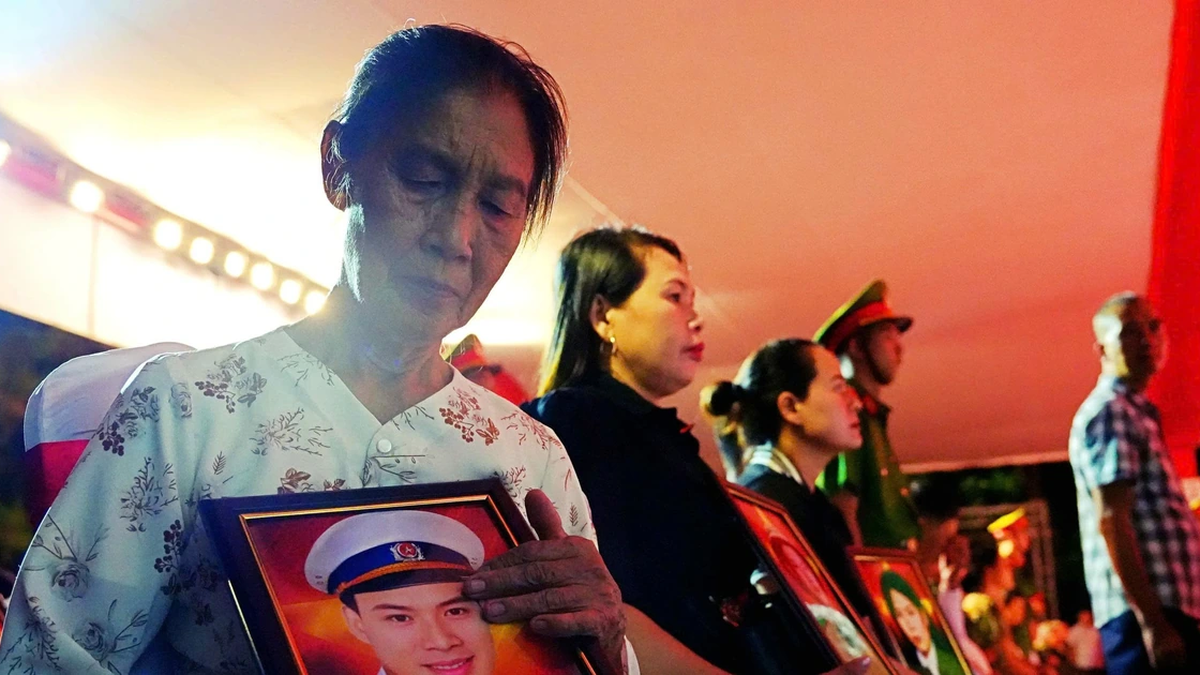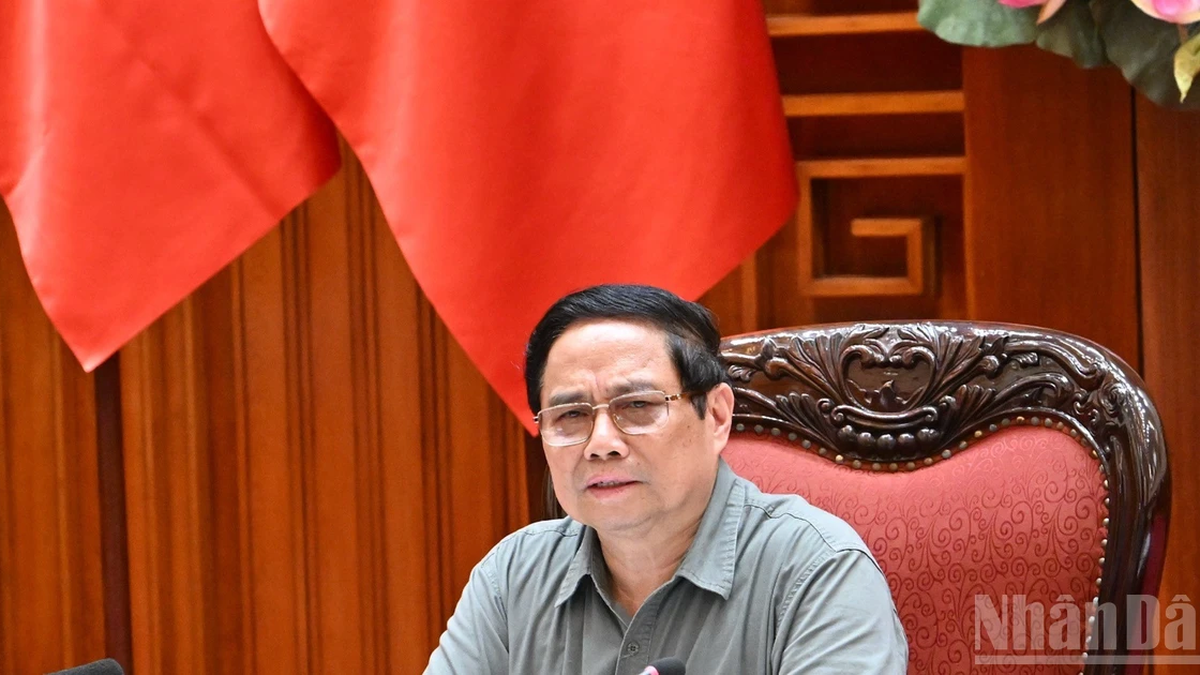
Illustration
Lack of competition and screening mechanisms in the team
According to the assessment of the Ministry of Home Affairs , the current situation of the civil servant team is both redundant and insufficient; there is a state of avoidance, pushing, not daring to think, not daring to do; the mentality of "being in the government is safe", "lifelong civil servant status", and the elimination mechanism is not strong enough (regulations requiring 2 consecutive years of being classified as not completing tasks).
The above situation stems from the lack of competitive and screening mechanisms within the team; the mechanism and methods of assessment and classification do not meet practical requirements.
Meanwhile, the provisions of the Law on Cadres and Civil Servants and the guiding documents on the work of evaluating and classifying the quality of cadres and civil servants have not created a sufficient legal corridor for evaluating work performance according to job positions, leading to equalization in the evaluation work, not creating motivation for training and striving of cadres and civil servants; there is no basis for screening and removing from work positions those who do not have enough qualities, capacity and prestige.
Evaluate civil servants quarterly, monthly or weekly according to job characteristics.
Therefore, recently, in the draft Law on Cadres and Civil Servants (amended), the Ministry of Home Affairs has added regulations on examination to implement a mechanism for screening staff according to the principle of competition, with entry and exit, promotion and demotion.
These regulations will address the situation of avoidance, pushing, procrastination, "the mentality that once you join the government, you are safe", "the state of being a lifelong civil servant", and an insufficient elimination mechanism; ensuring the building of a team of experts, quality, virtue and talent to serve the Party, the country and the people.
According to the draft Law, there are 4 bases for determining job positions in units. First, the functions, tasks, powers, and organizational structure of the agency, organization, and unit.
Second, the level of complexity, nature, characteristics, scale of operations; scope, service objects; professional and technical management process according to regulations of specialized laws.
Third, the level of modernization of offices, equipment, working facilities, application of information technology, digital transformation;
Fourth, in addition to the above regulations, local agencies and organizations shall base on geographical location; nature, scale, population structure; economic growth rate and urbanization; socio -economic development strategy; and local security and order situation.
Based on the above bases, the agency or organization managing civil servants shall issue regulations on methods and contents of testing and assessment to organize testing and assessment of civil servants in order to arrange and assign them to job positions suitable to their capacity and qualifications according to the principle of "in and out, up and down".
In addition, the draft Law also clearly states: Evaluating civil servants to clarify political qualities, ethics, capacity, professional qualifications, expertise, and performance results of assigned tasks. The evaluation results are the basis for arranging, using, appointing, training, fostering, rewarding, disciplining, screening, and implementing policies for civil servants.
The evaluation time is at the end of the calendar year. Based on the management requirements of the agency, organization, or unit, the head of the agency with authority to manage civil servants shall prescribe the evaluation of civil servants on a quarterly, monthly, or weekly basis in accordance with the specific work of his or her agency, organization, or unit.
In addition, the draft Law on Cadres and Civil Servants (amended) supplements regulations on the distinction between job positions that must be recruited and job positions that can be contracted to perform civil servant duties, creating flexibility in the use of external human resources.
The revised Law on Cadres and Civil Servants drafted by the Ministry of Home Affairs will be submitted to the National Assembly at its upcoming 9th session. This is also one of the bills amended according to Conclusion No. 127-KL/TW dated February 28 of the Politburo, the Secretariat and the direction of the Prime Minister.
Thu Giang
Source: https://baochinhphu.vn/se-sat-hach-de-sang-loc-can-bo-gat-bo-tam-ly-da-vao-nha-nuoc-la-an-toan-cong-chuc-suot-doi-102250327163731291.htm


































































































Comment (0)